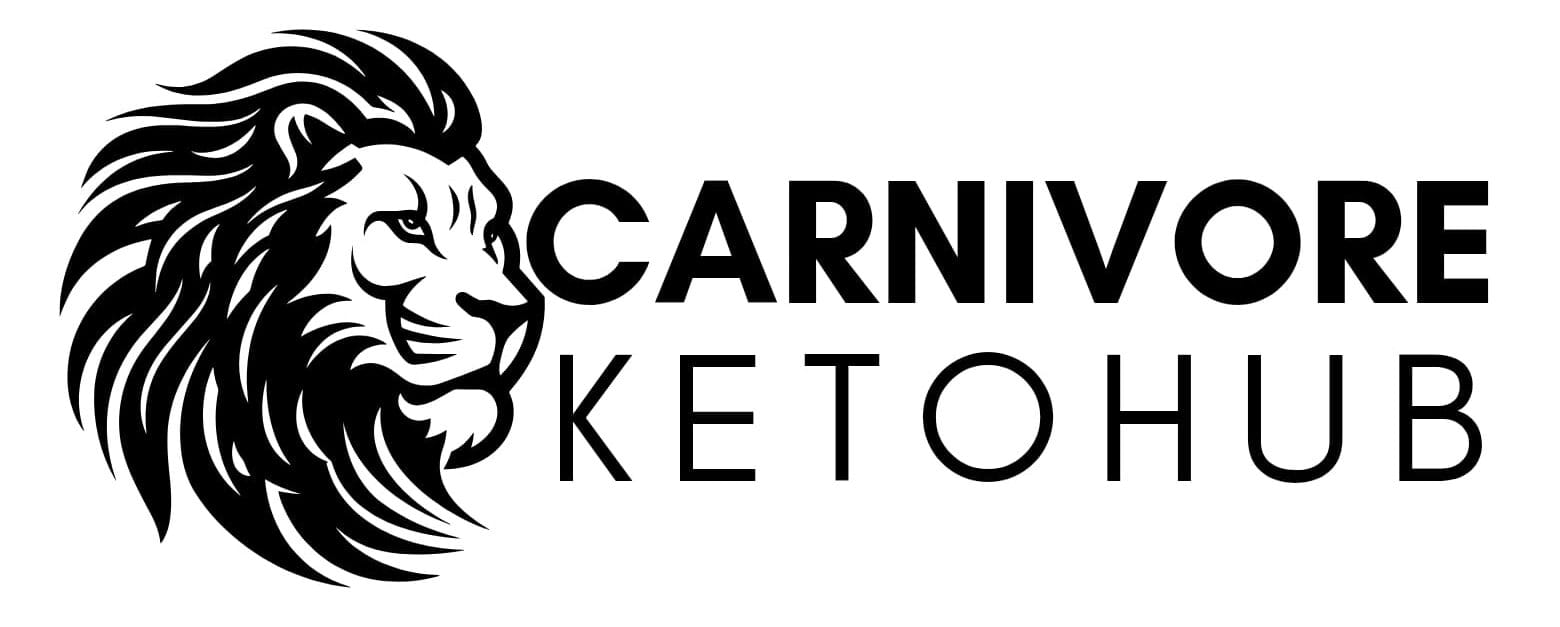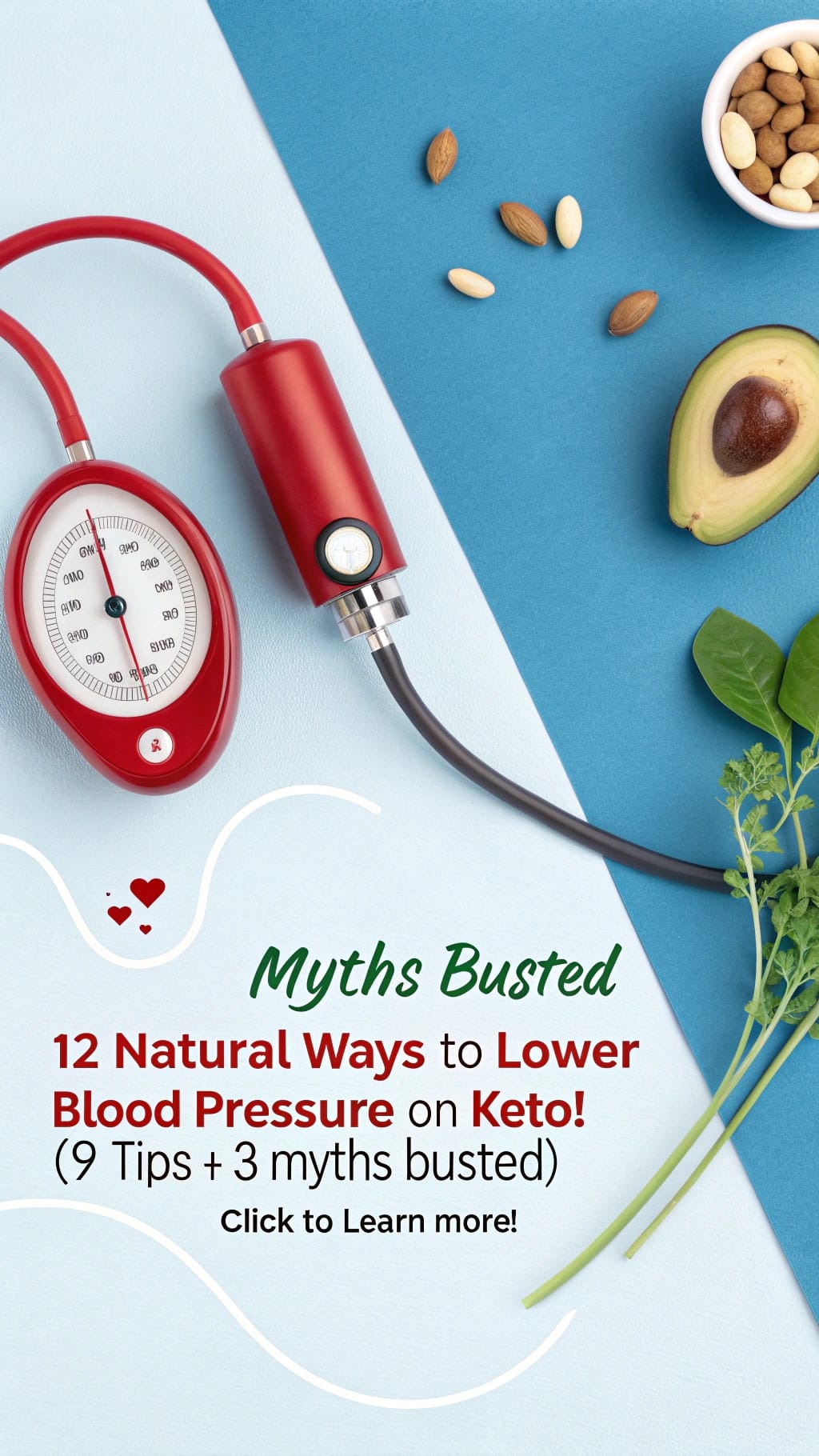Lower Blood Pressure Keto: 10 Expert Tips You Need
High Blood Pressure: The Silent Risk Hiding in Plain Sight
Nearly half of American adults have high blood pressure, yet many don’t even know they have it. This “silent killer” significantly increases your risk of heart attack, stroke, and kidney failure without causing noticeable symptoms until serious damage has already occurred. Even more alarming, hypertension contributes to over 500,000 deaths annually in the United States alone.
Table of Contents
Can Your Keto Diet Help Manage Blood Pressure?
The ketogenic diet isn’t just about weight loss—it addresses root metabolic issues directly linked to hypertension. By tackling insulin resistance, chronic inflammation, and metabolic dysfunction, keto creates a powerful foundation for healthy blood pressure management.
Research published in the Journal of Clinical Hypertension found that low-carbohydrate diets can reduce systolic blood pressure by an average of 5.2 mmHg, a significant improvement comparable to some medication effects.
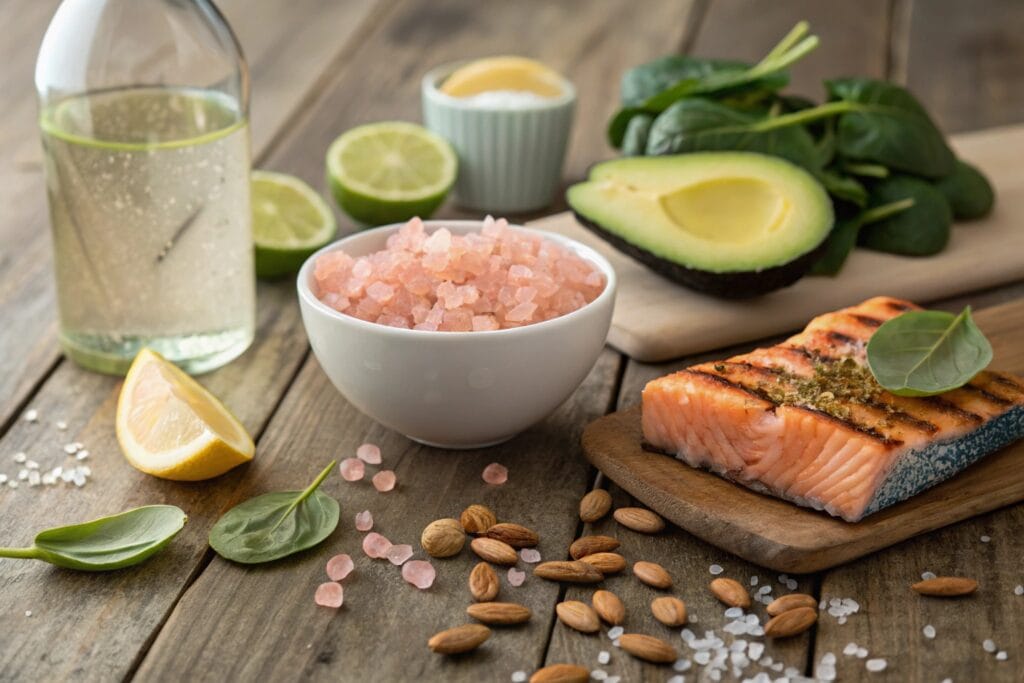
What You’ll Discover in This Guide:
- Actionable, keto-aligned lifestyle tips to support healthy blood pressure
- Debunking common myths that might confuse low-carb dieters
- Understanding the mechanisms behind how keto can help
- Practical steps you can implement today
CRITICAL DISCLAIMER: This information is for educational purposes only. It is not medical advice and should not replace consultation with your doctor. Discuss any diet or lifestyle changes, especially regarding blood pressure management and medication, with your healthcare provider.
Part 1: 9 Keto-Aligned Tips for Healthy Blood Pressure
Tip 1: Lower Your Insulin Levels (Keto’s Superpower!)
High insulin levels directly contribute to hypertension through multiple mechanisms. Research published in the American Journal of Hypertension shows that hyperinsulinemia causes sodium retention, increases sympathetic nervous system activity, and promotes arterial stiffness—all factors that elevate blood pressure.
Keto Action: This is fundamental to keto! Eliminate processed sugars, grains, and limit carbs strictly. Focus on whole, unprocessed keto foods that won’t spike insulin.
A 2018 study in Obesity found that ketogenic diets reduced fasting insulin levels by an average of 50% after just 8 weeks.
Related Reading: Understanding Sugar Cravings on Ketosis
Tip 2: Reduce Chronic Inflammation
Systemic inflammation damages blood vessel walls, promoting arterial stiffness and plaque buildup. This chronic inflammatory state is strongly associated with persistent hypertension according to research in the Journal of the American College of Cardiology.
Keto Action: Eliminate inflammatory seed oils (corn, soybean, canola), added sugars, and processed foods. Embrace healthy fats like tallow, butter, olive oil, avocado oil, and fatty fish rich in omega-3s.
A 2020 study in Nutrients found that ketogenic diets significantly reduced key inflammatory markers including C-reactive protein (CRP) and interleukin-6 (IL-6).
Related Reading: Top Carnivore Diet Benefits
Tip 3: Optimize Your Magnesium Intake
Magnesium deficiency is strongly linked to hypertension. This essential mineral relaxes blood vessels, modulates vascular tone, and helps regulate heart rhythm. Unfortunately, studies show up to 75% of Americans don’t get enough magnesium, and the problem is even more common for those on ketogenic diets.
Research in the Journal of Hypertension found that magnesium supplementation can reduce systolic blood pressure by an average of 3-4 mmHg and diastolic pressure by 2-3 mmHg.
Keto Action: Consume magnesium-rich keto foods:
- Spinach (1 cup: 157mg)
- Avocado (1 medium: 58mg)
- Pumpkin seeds (1/4 cup: 184mg)
- Mackerel (3oz: 82mg)
Most people on keto benefit significantly from magnesium supplementation (200-400mg daily, preferably magnesium glycinate or malate for better absorption).
Related Reading: Keto Magnesium Deficiency: Signs & Solutions
Tip 4: Ensure Adequate Potassium
Potassium works in partnership with sodium to regulate fluid balance and blood pressure. The modern diet’s skewed sodium-to-potassium ratio contributes significantly to hypertension. A meta-analysis in the Journal of Human Hypertension found that increasing potassium intake reduced systolic blood pressure by 4.7 mmHg and diastolic blood pressure by 3.5 mmHg in people with hypertension.
Keto Action: Include these potassium-rich keto foods:
- Avocado (1 medium: 975mg)
- Spinach (1 cup cooked: 840mg)
- Salmon (6oz: 730mg)
- Mushrooms (1 cup: 420mg)
- Beef (6oz: 500mg)
Consider using potassium-enriched salt substitutes like “Lite Salt” for cooking and seasoning (under healthcare provider guidance, especially if taking certain medications).
Related Reading: Why Am I Not Losing Weight on Keto?
Tip 5: Master Your Chronic Stress
Chronic stress triggers persistent elevation of cortisol and adrenaline, hormones that constrict blood vessels and increase heart rate. A 2021 review in Current Hypertension Reports confirmed that psychological stress is independently associated with increased risk of hypertension and cardiovascular events.
Keto Action:
- Practice daily mindfulness meditation (even 10 minutes helps)
- Walk in nature for 30+ minutes daily
- Try breathwork techniques (4-7-8 breathing or box breathing)
- Journal stressful thoughts
- Consider adaptogenic herbs (ashwagandha has research support)
- Embrace Stoic principles of focusing only on what you can control
Related Reading: Stress Management PDF
Tip 6: Prioritize Quality Sleep Hygiene
Sleep deprivation directly contributes to hypertension through hormone disruption, increased inflammation, and sympathetic nervous system activation. Research in Hypertension showed that sleeping less than 7 hours per night increases hypertension risk by 20%.
Keto Action:
- Maintain a consistent sleep-wake schedule (even on weekends)
- Keep your bedroom cool (65-68°F is optimal) and completely dark
- Avoid blue light exposure 2 hours before bed
- Consider magnesium glycinate (300-400mg) before bed
- Try sleep-supporting supplements like L-theanine or CBD if legal in your area
- Limit caffeine after noon
Related Reading: Keto Diet and Brain Health
Tip 7: Cut Down (or Cut Out) Alcohol
Alcohol directly raises blood pressure through multiple mechanisms. A meta-analysis in The Lancet found that reducing alcohol consumption from three drinks daily to one drink daily lowered systolic blood pressure by 5.5 mmHg and diastolic by 3.9 mmHg.
Keto Action:
- Consider eliminating alcohol entirely for optimal blood pressure benefits
- If consuming, limit to occasional dry spirits (whiskey, vodka, gin) or dry wines
- Avoid beer and sugary mixed drinks entirely
- Stay well-hydrated when consuming alcohol
- Never exceed one standard drink daily for women or two for men
Related Reading: Alcohol on Carnivore Diet
Tip 8: Get Sensible Sunlight Exposure
Regular sunlight exposure triggers two crucial mechanisms for blood pressure regulation: vitamin D production and nitric oxide release in the skin. A fascinating study in the Journal of Investigative Dermatology showed that UVA exposure significantly lowered blood pressure by increasing nitric oxide availability, which relaxes blood vessels.
Keto Action:
- Aim for 15-30 minutes of direct morning sunlight exposure daily
- Always avoid burning (start with shorter exposures and gradually increase)
- Prioritize early morning or late afternoon sun when UV index is lower
- Expose larger skin areas (arms, legs) when possible
- Consider vitamin D3/K2 supplementation during winter months
Related Reading: Advantages of Ketosis
Tip 9: Rethink Your Mouthwash (Protect Nitric Oxide!)
This surprising tip is backed by solid science. Antiseptic mouthwashes kill beneficial oral bacteria responsible for converting dietary nitrates (found in leafy greens and beets) into nitrites, which your body then converts to blood-pressure-lowering nitric oxide.
A study in Free Radical Biology and Medicine found that using antiseptic mouthwash twice daily increased systolic blood pressure by 2-3.5 mmHg by disrupting this nitric oxide pathway.
Keto Action:
- Switch from antiseptic mouthwashes to non-antibacterial alternatives
- Focus on mechanical cleaning (brushing, flossing) rather than chemical
- Consider oil pulling with coconut oil instead
- If consuming vegetables on keto, prioritize nitrate-rich options like arugula and spinach
Related Reading: Carnivore vs Vegan
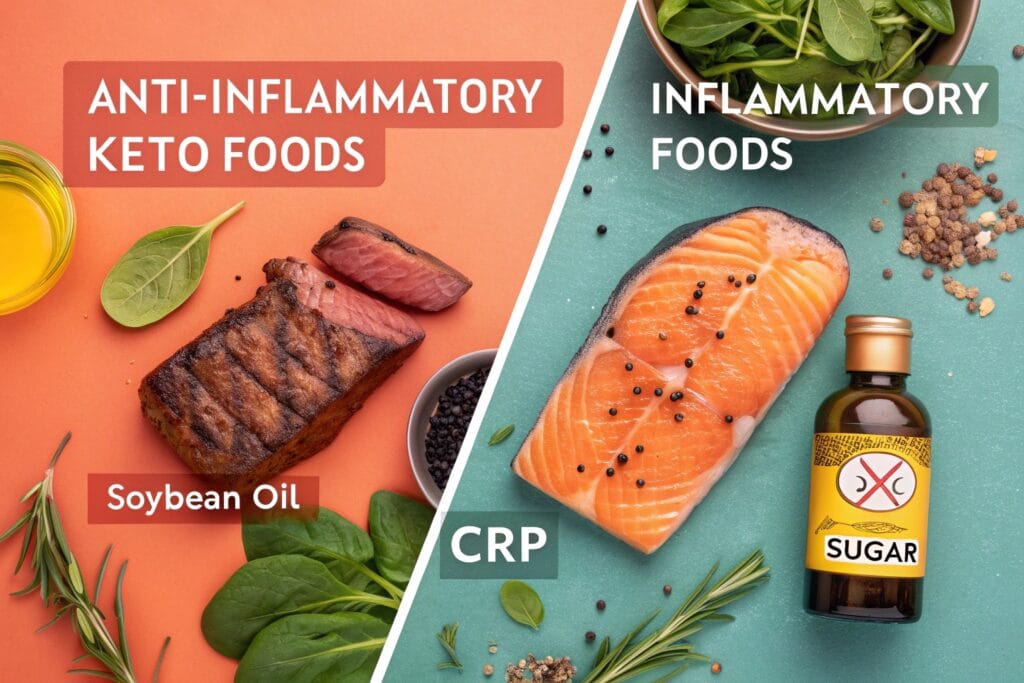
Part 2: Busting Common Blood Pressure Myths (Especially for Keto Dieters!)
Don’t Fall for These Blood Pressure Myths!
Myth #1: Ultra Low-Sodium Diets are Essential
The relationship between sodium and blood pressure is far more nuanced than commonly believed, especially for those following ketogenic diets.
The Science: A 2014 meta-analysis in the American Journal of Hypertension examining 25 studies found that both very low and very high sodium intake were associated with increased mortality. The sweet spot appeared to be 3000-5000mg of sodium daily—significantly higher than AHA recommendations.
On ketogenic diets, insulin levels drop dramatically, causing the kidneys to excrete more sodium. This physiological change increases sodium requirements substantially, and inadequate intake can lead to symptoms like fatigue, headaches, and constipation (commonly called “keto flu”).
Keto Reality Check: Most people on strict ketogenic diets need 5000-7000mg of sodium daily—about 2.5-3.5 teaspoons of salt. Focus first on eliminating processed foods and sugar, which have much stronger associations with hypertension than natural salt intake.
Related Reading: What is Keto Flu: Symptoms & Causes
Myth #2: Caffeine Causes Chronic High Blood Pressure
Many people with hypertension are advised to eliminate coffee entirely, but the science tells a more complex story.
The Science: While caffeine causes an acute spike in blood pressure (typically 1-2 hours), regular consumers develop tolerance to this effect. A comprehensive review in Hypertension concluded that habitual coffee consumption is not associated with increased risk of hypertension in most people.
In fact, some studies suggest coffee consumption may have long-term cardiovascular benefits due to its rich antioxidant content. A 2021 study in Nutrients found that moderate coffee intake was associated with lower arterial stiffness.
Keto Reality Check: Unless you’re highly sensitive to caffeine, moderate coffee consumption (1-3 cups daily) is unlikely to negatively impact blood pressure. Consider consuming coffee with healthy fats (butter, MCT oil) to further blunt any potential blood pressure effects.
Related Reading: Can You Drink Coffee on the Carnivore Diet?

Myth #3: Saturated Fat is the Enemy of Blood Pressure
For decades, saturated fat was demonized as a cause of cardiovascular disease and hypertension. This outdated view contradicts current evidence, particularly in the context of low-carbohydrate diets.
The Science: A 2020 meta-analysis of 12 studies published in the Journal of the American College of Cardiology found no significant association between saturated fat intake and cardiovascular disease risk. Furthermore, a study in JAMA observed that participants following a very low-carbohydrate diet that was high in saturated fat experienced significant improvements in blood pressure compared to those on a low-fat diet.
Keto Reality Check: The combination of reduced carbohydrates and increased healthy fats (including saturated fats from quality sources like grass-fed animals) often improves metabolic markers including blood pressure. The real villains are industrial seed oils high in omega-6 fatty acids and refined carbohydrates.
Related Reading: Carnivore Diet and Cholesterol
Integrating Diet and Lifestyle for Better BP Management
The ketogenic approach to blood pressure management addresses multiple root causes simultaneously:
- Metabolic: Reduced insulin, improved insulin sensitivity, decreased inflammation
- Nutritional: Optimized electrolyte balance (magnesium, potassium, sodium)
- Lifestyle: Better sleep quality, stress management, sunlight exposure
- Avoiding Harmful Practices: Limiting alcohol, rethinking antiseptic mouthwash
This integrative approach often produces better results than single-intervention strategies, especially when personalized to your unique needs and medical history.
Keto: A Powerful Tool in Your Blood Pressure Toolkit
The ketogenic diet can be remarkably effective as part of a comprehensive blood pressure management strategy. Many people experience significant blood pressure improvements within weeks of adopting a well-formulated ketogenic diet that addresses the principles outlined above.
Important Reminder: Always work closely with your healthcare provider when making dietary changes that may affect blood pressure. Regular monitoring is essential, especially if you’re taking blood pressure medications, as dosage adjustments may be necessary as your natural blood pressure improves.
Which of these tips or myths surprised you most? Share your thoughts below!
Learn more about the Crucial Role of Magnesium on Keto.
New to Keto? Start with our Beginner’s Guide.
References & Further Reading
- Bazzano LA, et al. “Effects of low-carbohydrate and low-fat diets.” Annals of Internal Medicine. 2014;161(5):309-318.
- Cohen JB, et al. “The effect of low sodium diet on blood pressure in patients with resistant hypertension: randomized trial.” Journal of the American College of Cardiology. 2020;75(20):2530-2539.
- Mente A, et al. “Association of urinary sodium and potassium excretion with blood pressure.” New England Journal of Medicine. 2014;371(7):601-611.
- Juraschek SP, et al. “Effects of sodium reduction and the DASH diet in relation to baseline blood pressure.” Journal of the American College of Cardiology. 2017;70(23):2841-2848.
- Bueno NB, et al. “Very-low-carbohydrate ketogenic diet v. low-fat diet for long-term weight loss: a meta-analysis of randomised controlled trials.” British Journal of Nutrition. 2013;110(7):1178-1187.
- Zhang X, et al. “Effects of magnesium supplementation on blood pressure: a meta-analysis of randomized double-blind placebo-controlled trials.” Hypertension. 2016;68(2):324-333.
- Cappuccio FP, et al. “Sleep duration and 24-hour urinary sodium excretion.” Hypertension. 2019;73(6):1139-1146.
- Liu H, et al. “Coffee consumption and blood pressure: a systematic review and meta-analysis.” Nutrition, Metabolism and Cardiovascular Diseases. 2020;30(2):206-213.
- Whelton PK, et al. “2017 ACC/AHA/AAPA/ABC/ACPM/AGS/APhA/ASH/ASPC/NMA/PCNA Guideline for the Prevention, Detection, Evaluation, and Management of High Blood Pressure in Adults.” Hypertension. 2018;71(6):e13-e115.
- Stamler J, et al. “INTERMAP: background, aims, design, methods, and descriptive statistics.” Journal of Human Hypertension. 2003;17(9):591-608.
- Satin LS, et al. “Physiological insulin signaling regulates the insulin secretory capacity of beta cells.” Cell Reports. 2021;35(13):109298.
- Dyson PA, et al. “A low-carbohydrate diet is more effective in reducing body weight than healthy eating in both diabetic and non-diabetic subjects.” Diabetic Medicine. 2007;24(12):1430-1435.
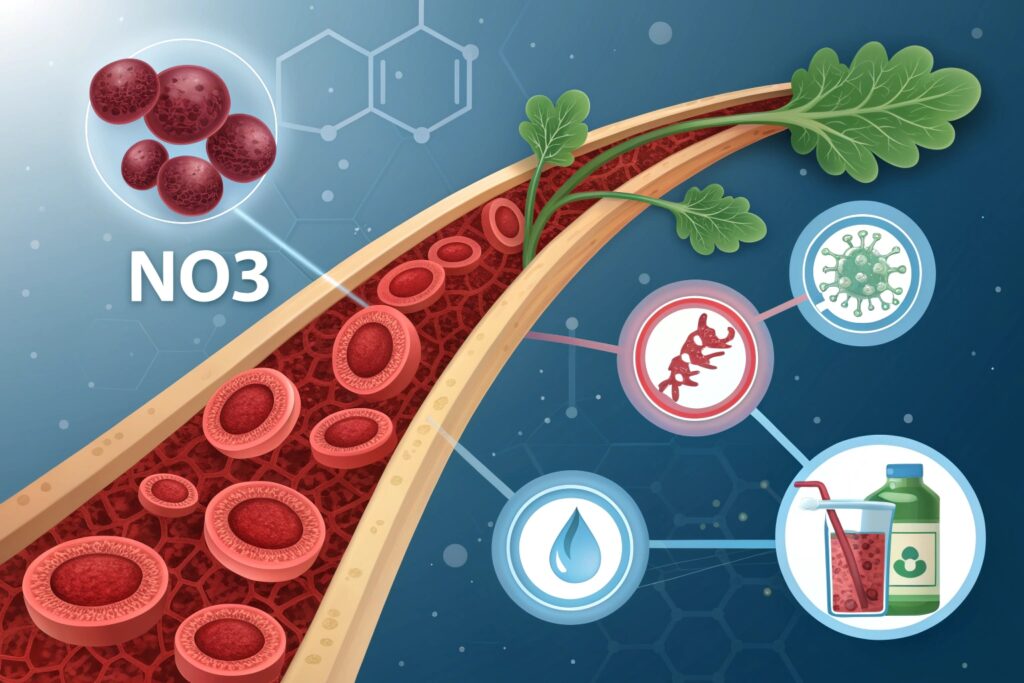
Frequently Asked Questions
How quickly can diet lower blood pressure keto?
Many people notice improvements within 2-4 weeks of starting a well-formulated ketogenic diet. However, individual results vary based on baseline health, medication use, and adherence to both diet and lifestyle modifications.
Do I need to reduce salt on keto if I have high blood pressure?
Unlike traditional advice, most people on keto actually need MORE sodium, not less. The ketogenic diet increases sodium excretion, and inadequate intake can worsen symptoms. Focus on eliminating processed foods rather than restricting natural salt.
Can keto completely replace blood pressure medication?
While some people eventually reduce or eliminate medication under doctor supervision, this is highly individual. Never adjust medications without consulting your healthcare provider and regular monitoring.
Is carnivore or standard keto better for blood pressure?
Both diets can improve blood pressure by reducing insulin and inflammation. The carnivore approach may offer additional benefits through elimination of potential inflammatory plant compounds, but also eliminates some beneficial nutrients. Either approach should be personalized based on your health needs.
How does weight loss on keto affect blood pressure?
Weight loss of just 5-10% of body weight can significantly improve blood pressure. Many people experience a “double benefit” from keto: the metabolic advantages of the diet itself plus the blood pressure improvements from weight reduction.
Can I drink alcohol on keto while managing blood pressure?
While occasional alcohol consumption may be compatible with keto, it’s generally best avoided when treating hypertension. If you do consume alcohol, limit it to dry spirits or wine, never exceed recommendations (1 drink for women, 2 for men), and stay well-hydrated.
Will my blood pressure medication need adjustment on keto?
Possibly. The ketogenic diet often improves blood pressure naturally, which may necessitate medication adjustments. Work closely with your healthcare provider and monitor your blood pressure regularly, especially during the first few months.
Enjoy, Review – We Value Your Opinion!
There are no reviews yet. Be the first one to write one.
